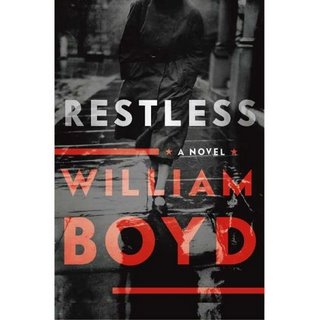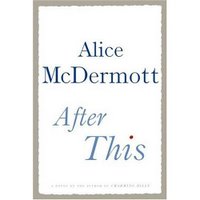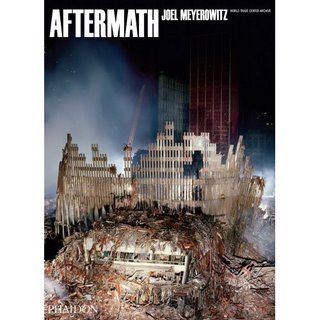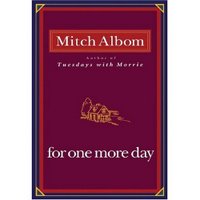
Penguin is making an end run around bookstores: their website now offers discounts directly to customers. It makes me feel like a dupe for sitting in all those sales meetings, poring over catalogs and creating marketing plans for their titles, only to see them undercut bookstores with their own website. It's one thing to compete with another bookseller, even one as big as Amazon, but to have to fight with one of your main publishers for sales is asinine.
Does it make sense for Penguin to compete with bookstores for sales? I don't think so. Most bookstores carry a vast array of Penguin books and will special order any book that their customers ask for. Many customers discover new Penguin titles from browsing bookstore shelves or looking at staff recommended sections. In fact, our next store reading group title, Beneath a Marble Sky, by John Shor, is a Penguin title. I have to wonder -- will the customers just sit at home and order directly from Penguin, now that we've brought their attention to this novel?
It seems that the main thing Penguin can offer on its website is all of its branded material. Look at that cute Penguin logo! Wouldn't you want a mug, a T-shirt, or even a baby onesy with that adorable character on it? I would. Penguin should go crazy selling those items which would help brand the company and let the booksellers do what they do best. Does Penguin really want to sell one book at a time? Do they want to deal with disgruntled customers trying to return books? Why incur the wrath of booksellers around the country for a few sales? It doesn't seem like a winning formula.
On the other hand, HarperCollins, who often encourages thinking as part of its corporate culture, directs customers from its website to the sites of other booksellers. HarperCollins is an equal opportunity linker. If you hit the buy now button on one of their titles, it will give you the choice of going to the purchasing page of 21 different booksellers. These sellers include giants like Amazon and Barnes and Nobles as well as smaller stores like Square Books in Oxford, Mississippi. Since we (The Boulder Book Store) are one of the pages that HarperCollins links to, I can honestly say that any store with a website can pretty easily join this party. That's also why I'll proudly promote http://www.harpercollins.com/.
Of course, publishing being what it is, this could all change tomorrow. But with a new buying season approaching, it's good to know who you're teammates are and just who has joined the competition.














